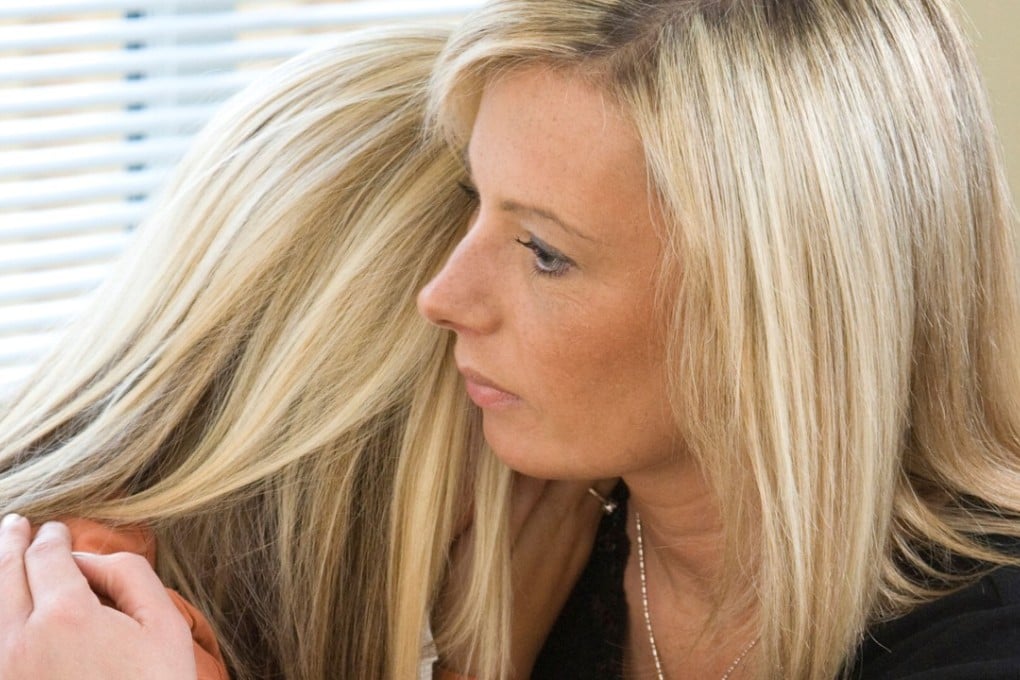Why being empathetic is good, and how the wrong kind of empathy can actually hurt your health
Empathy is the shared joy you feel at someone’s success, or the pain at their suffering. Research has shown it’s better to feel compassionate empathy rather than emotional empathy, which can cause negative physical effects

Your husband has just been passed over for a promotion, and he’s depressed. Your friend’s breast cancer has returned. As a supportive spouse and friend, you feel their pain. Growing research suggests there’s a price to pay for all that caring.
Empathy – the ability to tune into and share another person’s emotion from their perspective – plays a crucial role in bringing people together. It’s the joy you feel at a friend’s wedding or the pain you experience when you see someone suffering.
It’s an essential ingredient for building intimacy in relationships, says Robin Stern, associate director of the Yale Centre for Emotional Intelligence. “When someone feels they are seen and heard by you,” she says, “they begin to trust you.”
But this seemly positive emotion can also have a downside, particularly if someone gets so consumed by another’s feelings that they neglect their own feelings and needs. Stern says those who regularly prioritise others’ emotions over their own are more susceptible to experiencing anxiety or low-level depression.
Focus on Hong Kong students’ mental health – call for more awareness and assistance
“When we think of empathy fatigue, we usually think about those in caring professions – such as nurses, doctors, social workers – but all of us are often in the role of helpers or caretakers, whether it’s caring for a sick parent, a child or a friend during a difficult time,” says Jamil Zaki, an assistant professor of psychology at Stanford University. “Being supportive of those we care about is among our most cherished and important roles,” Zaki says, “but it’s also one that’s fraught: we want to be there for someone, but not lose ourselves.”